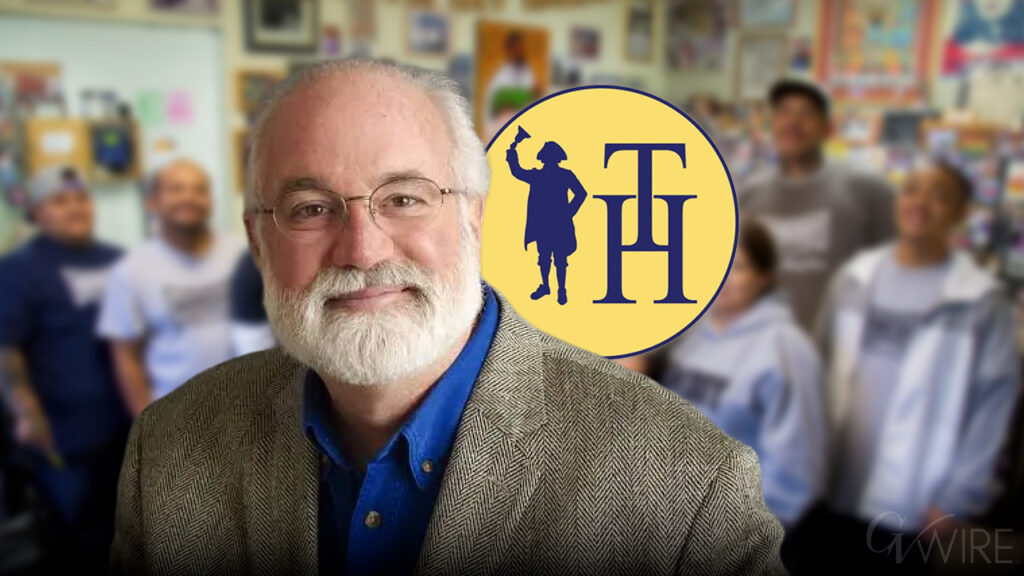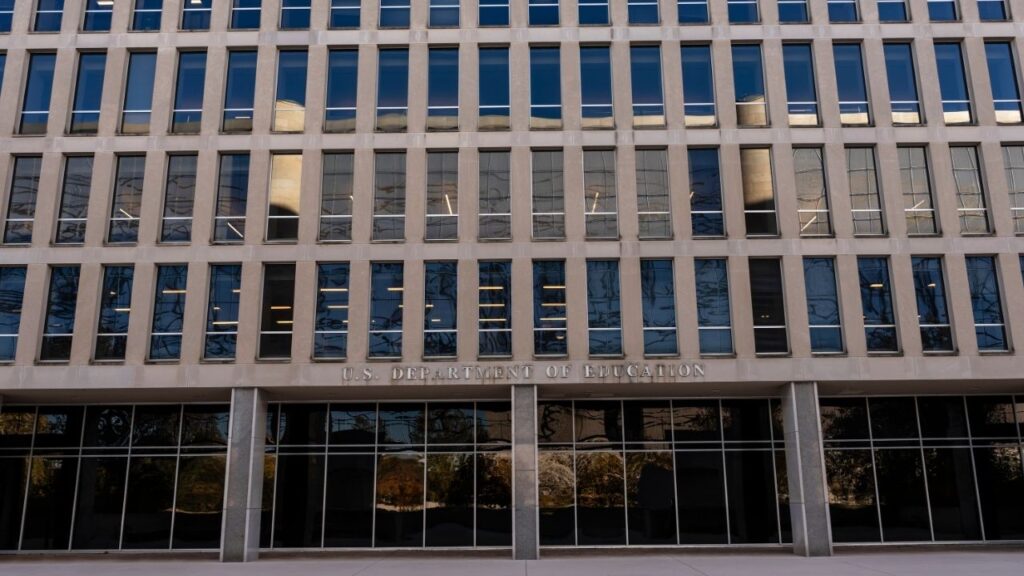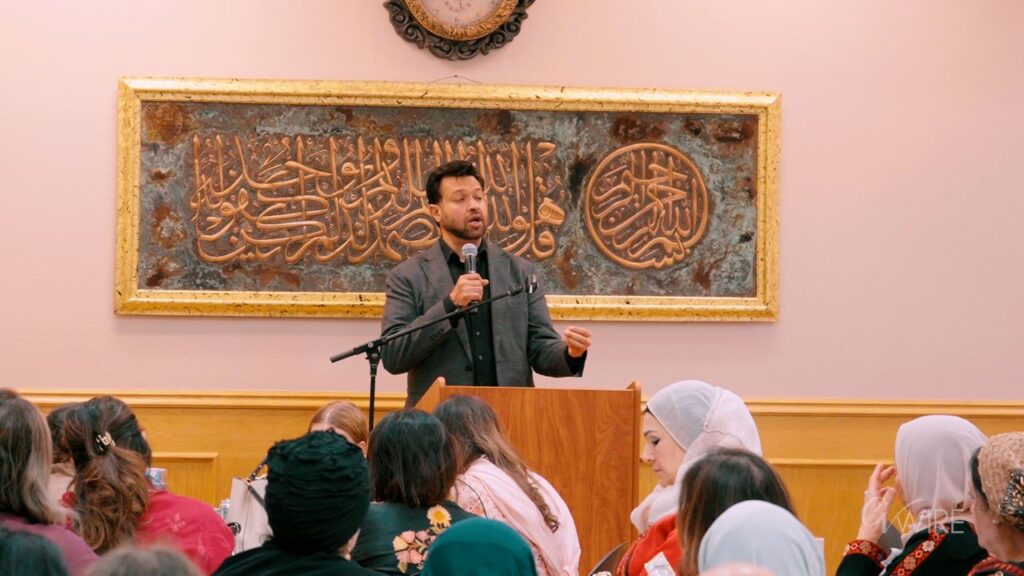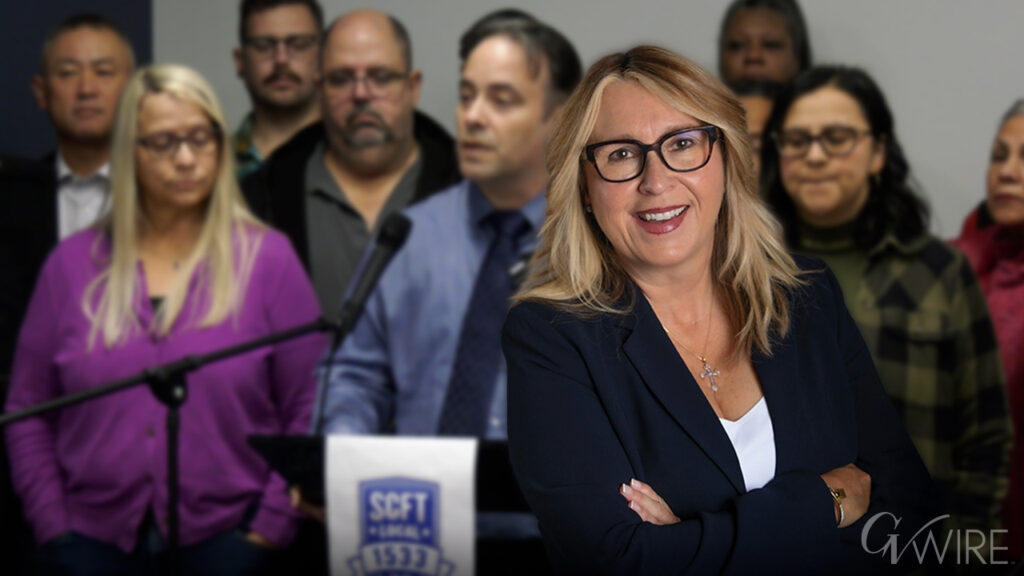Tulare County prosecutors have seen success with the drug treatment programs opened up under Prop. 36. (GV Wire Composite)

- Tulare County has processed 86 people into drug treatment programs since Prop. 36 went into effect.
- Fresno County has processed three people into drug programs, with another 80 awaiting review.
- County behavioral health departments have to deal with funding issues for drug treatment housing.
Share
|
Getting your Trinity Audio player ready...
|
When voters approved Proposition 36 in 2024, it not only brought back felony charges for some nonviolent crimes, but it also made drug rehabilitation an option in lieu of jail or prison for a third drug offense.
And while the Tulare County District Attorney’s office says they’ve seen a high commitment from defendants referred to drug rehab, the problem now for the county is getting treatment facilities built.
Prop. 36 provides the drug rehabilitation alternative but did not come with additional state funding, said Dr. Natalie Bolin, behavioral health director for Tulare County. She said the movement in California has been toward mandated treatment, and only recently has the county received money for facilities.
It will be years before they’re built out and can offer treatment, she said.
“I’m not opposed to Prop. 36, what I’m opposed to is that you’re mandating us to do something without funding,” Bolin said.
High Follow-Through Rate Among Treatment Enrollees
While still early in the process, assistant district attorney Noell Niayesh said of those who opted for rehabilitation, nearly all have followed through with their court-ordered plans.
Attorneys in Tulare County have referred 97 drug felonies to treatment since February. Of those, 86 have been processed into drug treatment, according to Bolin.
And of the 24 processed in July, only two did not follow through with the program, Niayesh said.
“Very few of them are being terminated,” Niayesh said. “In other words, somebody fails to appear or somebody doesn’t comply. We’re finding that out of the referrals that we do make, that people are enrolling in the plan and coming back to court and they are doing OK. This is actually something that appears to be working at this time.”
Fresno County Sentenced 3 to Prop. 36 Drug Treatment
In Fresno County, attorneys have sent 80 cases for review for possible drug treatment, with three so sentenced, according to a spokesperson with the district attorney’s office.
“We are all still navigating how this intersects with treatment accessibility, funding (which we understand is still pending at the state level), and broader system implementation,” the spokesperson said.
Related Story: How are Fresno County, Valley Prosecutors Using Prop 36 in Drug and Theft
After Prop. 36 passed, Niayesh said Tulare County District Attorney Tim Ward directed her to lead the law’s implementation.
She assembled a team to figure out how to use the law.
Anyone with two drug convictions within the past five years gets their third charge as a felony with a treatment option.
Once someone opts for the program, the county determines the treatment regimen — whether it’s inpatient or outpatient, Bolin said.
A large number of defendants also require mental health services in addition to drug rehab. The problem for county staff is that even before the law, the county had a long waiting list for residential treatment beds.
“We were bursting at the seams prior to Prop. 36 as far as having enough residential treatment beds, enough intensive outpatient beds,” Bolin said.
Movement Toward Mandated Treatment
Gov. Gavin Newsom’s Prop. 1 — approved by voters in March 2024 — allocated $6.4 billion in bonds for mental health treatment facilities.
Of that, Tulare County received $12 million that will go to building a new facility with 16 locked beds and 60 unlocked beds, Bolin said. It will be two years before that facility is finished.
That’s not the only mandated treatment that behavioral health departments have to account for. California law now allows drug users and those in unsafe living environments to be legally held for psychiatric treatment — something previously limited to those considered suicidal, homicidal, or gravely disabled.
That now includes mandated treatment for the homeless, Bolin said. Tulare County will have to be ready for that in 2026, she said.
“So that in addition to Prop. 36, we even saw President Trump’s executive order on cleaning up the streets,” Bolin said. “You’re seeing this trend going toward more mandated involuntary treatment.”
In the next three years, the county will have a new mental health rehab center with another 60 beds. By early 2027, the county will also have a behavioral health urgent care center for walk-in treatment.
Niayesh says Prop. 36 provides the framework to help treat drug addiction for many criminals.
“As legislation come through, this one is good in terms of trying to treat the underlying problem,” Niayesh said. “So often in court, with a drug offense, as a prosecutor we don’t want to see these people in court anymore.”

















